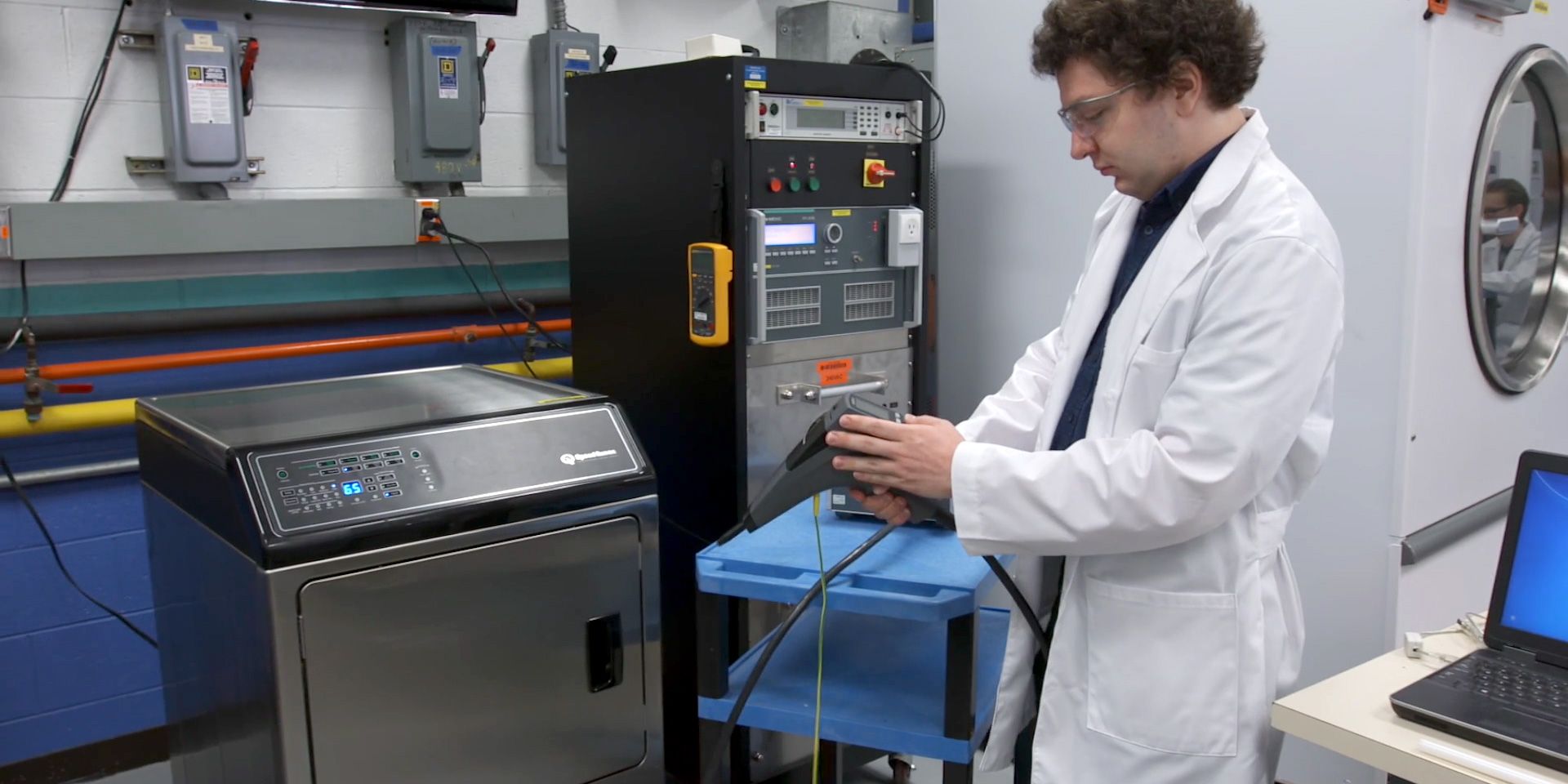
When the defendant failed to deliver the steel that the buyer expected, the buyer sued, alleging that a contract was formed by the exchange of e-mails. The case involves a plaintiff buyer and a defendant steel company that corresponded by e-mail concerning a proposed transaction. The issue posed is a fundamental one, and the opinion is therefore noteworthy. Occasionally issues arise with respect to the UETA, however, and the application of the Act (or more accurately, the Wisconsin enactment of it) became an issue in Alliance Laundry Systems, LLC v. The UETA was quickly adopted in a majority of states, and since then, has yielded only a handful of opinions, perhaps reflecting the fact that the Act was less a desperately needed gap-filler than a codification of largely accepted principles applicable to the electronic transactions that had been occurring every day in business. 109-229 (June 30, 2000) were adopted during a flurry of concern about the enforceability of electronic contracts that followed on the opening of the Internet to commercial traffic in the early 1990s.



Both the UETA and its companion federal enactment, the Electronic Signatures in Global and National Commerce Act, Pub.L. The Uniform Electronic Transactions Act was adopted by the National Conference of Commissioners on Uniform State Laws in 1999.


 0 kommentar(er)
0 kommentar(er)
